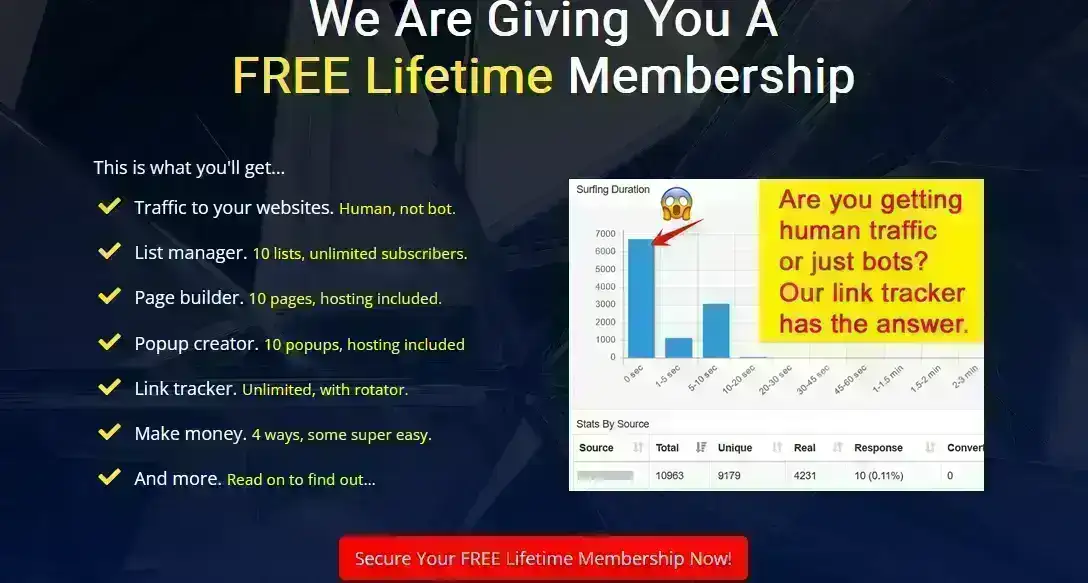
How to Become a Freelancer: Starting and Succeeding on Your Own Terms
Whether you're looking to ditch the 9-to-5, earn extra income on the side, or pursue a passion project full-time, this comprehensive guide will walk you through exactly how to become a freelancer, even if you're starting from scratch.
What Is Freelancing?
Freelancing is a dynamic and highly flexible form of self-employment where you offer your skills and services to clients without entering a long-term employment contract. Instead of reporting to a single boss or being tied to a corporate structure, you become your boss, selling your expertise to individuals, businesses, startups, or even large corporations on a project-by-project basis.
Unlike traditional employment, freelancers aren't bound to a fixed schedule, set location, or single employer. This means you can work from anywhere ? your living room, a co-working space, a beach in Portugal, or even while travelling ? as long as you've got a laptop and an internet connection.
Most freelancers operate remotely, and they get paid based on:
Per-project rates (e.g., 500 for a logo design)
Hourly rates (e.g., 35/hour for consultation or writing)
Retainers (e.g., 800/month for ongoing SEO support)
The freedom to choose who you work with, how much you charge, and when you work is what makes freelancing so powerful, but it also comes with the responsibility of managing your time, workload, finances, and clients like a solo entrepreneur.
Now let's break down the most in-demand and diverse fields within the freelance ecosystem, all of which offer incredible opportunities depending on your strengths and interests:
Writing and Content Creation
If you have a way with words, this is a goldmine.
Freelance writers are always in demand to create:
Blog posts
Website copy
Email newsletters
Product descriptions
Technical documentation
eBooks and white papers
Press releases and case studies
Content is the beating heart of the internet , and businesses are desperate for talented wordsmiths who can craft engaging, SEO-optimised, and persuasive content that converts readers into customers. Some writers specialise in specific industries ? such as finance, health, or tech ? and can command premium rates for niche expertise.
Realistic earnings: Beginner writers might earn 0.050.10 per word, while experienced writers can charge 0.251.00+ per word or more, depending on their niche.
? Graphic and Web Design
If you're a visual thinker who can bring ideas to life through colour, typography, and layout, graphic design is a high-impact freelance path. Web designers and UI/UX professionals create stunning websites, apps, and interfaces that not only look good but also function seamlessly.
Common freelance projects include:
Logos and branding kits
Website layouts
social media graphics
Packaging design
Mobile and web UI design
Freelancers in this space often use tools like Adobe Creative Suite, Figma, Sketch, and Canva Pro. And because every business needs a strong visual identity, demand never runs dry.
Pro tip: Bundle your design services with branding strategy or web development to charge higher rates.
Programming and Web Development
Freelance developers are the architects behind the digital products we use every day ? websites, apps, databases, CRMs, and more.
Whether You're:
A front-end developer using HTML, CSS, and JavaScript
A back-end dev working with PHP, Python, or Node.js
A full-stack developer who does both
A WordPress expert building custom themes and plugins
? The demand for skilled developers is through the roof.
Freelancing here often leads to lucrative long-term contracts, especially if you're solving complex business problems. You might build websites for small businesses or develop apps for global startups.
Bonus: Developers can easily pivot into passive income by selling templates, plugins, SaaS products, or offering maintenance retainers.
? Digital Marketing and SEO
In an age where attention is currency, businesses are willing to invest heavily in digital marketing experts who can help them grow.
Freelancers in this category often specialise in:
Search Engine Optimisation (SEO)
Pay-Per-Click (PPC) advertising (Google Ads, Facebook Ads)
Social media management
Email marketing
Conversion rate optimisation (CRO)
Content strategy and analytics
If you're a strategist, a data analyst, or even a social media enthusiast, digital marketing offers multiple freelance pathways. Those with technical SEO skills are especially sought after, as ranking on Google can make or break a business.
Insider tip: Combine SEO and content marketing for a high-demand skill stack.
? Virtual Assistance
Not everyone wants to be a designer or coder ? some people thrive by keeping things organised and running like clockwork.
Virtual Assistants (VAs) are the backbone of many small businesses and solo entrepreneurs. They offer admin support like:
Inbox management
Scheduling and calendar management
data entry and CRM maintenance
Travel bookings
Basic bookkeeping
Social media scheduling
Customer support
VAs can niche down further ? such as being a VA specifically for coaches, authors, or Shopify stores ? and offer high-value, tailored support.
Key tools used: Google Workspace, Notion, Asana, Trello, Calendly, QuickBooks
? Photography and Video Editing
With the rise of content-heavy platforms like YouTube, Instagram, and TikTok, visual storytelling is more valuable than ever. If you have an eye for detail and love working with visuals, you can offer freelance services in:
Portrait and event photography
Product photography for eCommerce
Video editing for YouTube channels
Reels and short-form content editing
Promotional video creation
Podcast video/audio editing
Even small businesses need professional-looking content, especially when it comes to launching products or building their brand.
Pro tip: Combine photography with content marketing or social media management for a high-income skill package.
? Translation and Transcription
If you're bilingual or multilingual, you can carve out a freelancing niche that helps businesses go global.
Translators convert written content from one language to another, often with cultural sensitivity.
Transcribers turn audio or video into clean, readable text ? useful for podcasts, interviews, lectures, and legal recordings.
With the globalisation of online business, accurate and localised translation is in high demand. Industries like law, healthcare, tech, and education often need these services.
Example gig: A freelance translator who helps UK eCommerce businesses enter the Spanish market.
Which Type of Freelancer Are You?
Are you a creative storyteller? ? Writing, design, photography
Are you a technical builder? ? Development, SEO, analytics
Are you an organisational wizard? ? VA, project management, customer support
Are you a digital problem solver? ? Marketing, copywriting, CRO
Regardless of your background or education, there's almost certainly a freelancing role that fits your strengths.
And here's the best part: You can start with what you already know ? no degree or fancy certifications needed. Just skill, hustle, and a willingness to learn.
Why Freelancing is More Relevant Than Ever
Freelancing may not be a new concept, but it's undergoing a dramatic renaissance. Once considered a stopgap or side hustle , freelancing has now firmly established itself as a mainstream, viable career path ? one that's reshaping how people work, earn, and live across the globe.
In the United Kingdom alone, Office for National Statistics (ONS) data reveals that the number of self-employed individuals is around 4.3 million, representing a significant share of the UK's labour force. And this figure doesn't even fully reflect the millions engaged in part-time freelancing or side projects alongside traditional employment.
So why has freelancing become so relevant ? and arguably more powerful ? in today's economy? Let's explore the key forces fuelling this shift.
1. Remote Work Has Gone Mainstream
Before 2020, remote work was seen by many employers as a luxury or a privilege, often reserved for tech companies or startups. But the global pandemic changed that perception almost overnight.
As organisations scrambled to adapt during lockdowns, remote working became not only accepted but essential. In the process, both businesses and employees discovered that productivity didn't suffer ? and in many cases, it improved.
This shift has made employers far more comfortable hiring freelancers who work off-site. They've realised that results matter more than location. Consequently, businesses now see freelancers as a practical solution, seamlessly integrated into remote workflows through platforms like Slack, Zoom, Notion, and Trello.
For freelancers, this remote-first world is an open invitation to work with anyone, anywhere, without the need to relocate or sit in an office cubicle.
2. It's Cost-Effective for Businesses
Hiring full-time staff comes with overhead ? and lots of it.
From pension contributions, National Insurance, sick pay, annual leave, to office space and equipment, employers carry substantial costs when hiring salaried employees. On the other hand, freelancers are hired as independent contractors, which means companies pay only for the services they need, when they need them.
This model offers incredible flexibility for businesses:
Want to redesign your website? Hire a freelance designer for a one-off project.
Need monthly blog content? Bring in a freelance writer on a rolling contract.
Launching an app? Collaborate with a freelance developer on a fixed deadline.
Especially for startups and SMEs with limited budgets, freelancers offer top-tier skills without the financial burden of full-time hires. It's a win-win: businesses stay agile, and freelancers gain consistent work from clients that value results over presenteeism.
3. Explosion of Digital Freelance Platforms
A key reason freelancing has exploded in popularity is due to the digital infrastructure now available to support it.
Platforms like Upwork, Fiverr, Toptal, PeoplePerHour, and even LinkedIn have made it easier than ever for freelancers to connect with clients worldwide. These marketplaces act as virtual storefronts where professionals can:
List their services
Showcase portfolios
Receive ratings and reviews
Communicate with clients
Manage payments securely
Unlike a decade ago, you don't need to have a massive network or cold-email hundreds of prospects to land freelance work. With the right profile, optimised keywords, and a great work ethic, many freelancers are earning five or six figures entirely through these platforms.
In addition, the rise of AI-powered tools, time trackers, proposal generators, and cloud storage means managing a freelance business is now much more streamlined, efficient, and scalable, even for one-person operations.
4. Freelancers Have Global Reach
One of the most transformative shifts in freelancing is the obliteration of geographical barriers.
In the past, if you wanted to work for a design agency in New York or a fintech startup in Berlin, You'd likely have to relocate. Today, a skilled freelancer based in Nairobi, Manchester, or Lisbon can easily collaborate with clients on the other side of the globe.
This global marketplace means:
You're not limited to clients in your local area
You can charge competitive international rates
You have access to a wider variety of industries and specialisations
You can build a diverse client base to reduce income volatility
And with payment tools like PayPal, Wise, Revolut, and Stripe, cross-border payments are no longer a hassle. Many freelancers now build thriving international businesses from home, earning in dollars, euros, or pounds while living in lower-cost regions.
This globalisation of freelance talent is not only empowering individuals ? it's democratising work itself. Companies gain access to world-class talent without geographical limits, while freelancers enjoy more opportunities, freedom, and earning potential than ever before.
The Bottom Line
Freelancing is no longer a fringe career path ? it's a core component of the modern workforce. The convergence of remote work, digital platforms, cost-effective hiring models, and global connectivity has created the perfect environment for freelancing to flourish.
Whether you're a student, a stay-at-home parent, a creative professional, or someone looking to escape the 9-to-5, freelancing offers a path to financial independence, personal freedom, and meaningful work ? all on your terms.
And if you're wondering whether it's too late to jump in ? it's not. There's never been a better time to start freelancing than right now.
Is Freelancing Right for You?
Freelancing has become one of the most desirable and accessible career paths in the modern workforce. But just because it's popular doesn't mean it's the perfect fit for everyone. Before you dive into the freelancing world, it's important to do some honest self-reflection. Understanding your personality, work habits, lifestyle preferences, and career ambitions will help you determine whether freelancing suits you, not just financially, but emotionally and mentally too.
Let's explore this in detail, weighing the realistic pros and cons while helping you make an informed, strategic decision.
The Advantages of Freelancing
1. Unparalleled Flexibility
Freelancing offers an unprecedented level of freedom. You can choose when you work, where you work, and how much work you take on. Whether you're a night owl, an early riser, a parent, or a digital nomad, freelancing enables you to build your schedule around your life, not the other way round.
You can:
Work from home, a caf?, a co-working space, or while travelling abroad
Choose your hours based on peak productivity times
Take breaks without seeking permission
2. Full Control Over Your Career
As a freelancer, you're not just a worker ? you're the CEO of your own business. You get to decide:
Which clients do you work with
What services do you offer
What rates do you charge
How to scale your offerings
This level of autonomy is empowering. You're in control of your income, your time, and your professional growth.
3. Diverse Projects and Clients
One of the most stimulating aspects of freelancing is variety. Instead of working on the same tasks day in and day out, you can collaborate with a wide range of clients across different industries, gaining exposure to unique challenges and creative briefs.
This not only keeps your workday interesting but also helps you build a more robust portfolio that reflects your versatility.
4. No Commute or Office Politics
Say goodbye to long commutes, distracting open-plan offices, rigid dress codes, or unnecessary meetings. Freelancing spares you the daily grind of office life, giving you more time and energy to focus on meaningful work.
You also avoid the pitfalls of office politics, micromanagement, and toxic workplace cultures.
5. High-Income Potential
If you play your cards right, freelancing can be far more lucrative than traditional employment. The more specialised your skill set and the better you position yourself in your niche, the more you can charge.
Experienced freelancers in fields like copywriting, web development, SEO, and consulting often earn well into six figures annually. And because you're not capped by a salary or limited to one client, the earning potential is scalable.
The Disadvantages of Freelancing
1. Unpredictable Income
One of the biggest challenges freelancers face is inconsistent cash flow. In the beginning, especially, your income may fluctuate from month to month. You might land several clients one week and go quiet the next.
To survive the dry spells, you'ii need to:
Build a savings buffer
Develop multiple income streams
Learn how to attract and retain clients
2. No Employment Benefits
As a freelancer, you won't receive the perks that come with traditional jobs:
No employer pension contributions
No paid holidays or sick leave
No employer-paid health insurance (if outside the UK)
This means you'ii need to:
Budget for time off
Pay into your pension plan
Plan for emergencies and health coverage independently
3. Self-Discipline is Non-Negotiable
Freelancing requires an exceptional degree of self-motivation. With no manager breathing down your neck, you are entirely responsible for meeting deadlines, staying organised, and keeping clients happy.
This can be liberating ? but it also means:
You must be proactive about time management
You'll need systems to track projects and payments
You must overcome procrastination and distractions
4. Loneliness and Isolation
Working from home or independently can be isolating, especially if you thrive on social interaction. Without colleagues to chat with or a workplace environment, you may feel disconnected over time.
Combat this by:
Joining online or local freelance communities
Working from co-working spaces occasionally
Setting regular social catch-ups outside of work
5. You Wear Every Hat
Freelancers don't just do the work ? they also handle all the behind-the-scenes operations:
Marketing and finding clients
Writing proposals and contracts
Invoicing and chasing payments
Managing taxes and accounts
While tools and apps can automate some of this, you still need to wear multiple hats, especially when starting.
Is Freelancing Right for You? Ask Yourself These Questions
Before diving in, take a moment to reflect:
Are you self-motivated enough to work without supervision?
Can you handle uncertainty and manage variable income?
Are you willing to put in the extra hours to build your brand and client base?
Do you have skills that businesses are willing to pay for?
Are you willing to learn the business side of freelancing ? sales, admin, tax, etc.?
If you answered yes? to most of the above, freelancing could be a fantastic path forward. If not, consider testing it part-time before going all in.
Ideal Personalities for Freelancing
Not everyone thrives in a freelance environment. Successful freelancers often share certain traits:
Self-driven: You don't wait for permission ? you take initiative.
Adaptable: Comfortable learning new skills and working with diverse clients.
Communicative: Able to clearly explain ideas, write proposals, and handle client feedback.
Resilient: Bounces back quickly from rejection or slow periods.
Organised: Stay on top of deadlines, finances, and project details.
That said, these are learnable traits. If you're committed to growth, you can develop these qualities over time.
Final Thoughts
Freelancing isn't a magical shortcut to an easy life ? but for the right person, it can be an incredibly rewarding, liberating, and financially sustainable career.
If you crave flexibility, love to learn, and are ready to take ownership of your time, income, and growth, then freelancing could be exactly what you've been looking for. But go into it with your eyes wide open, prepared for both the freedom and the responsibility it brings.
Start small. Test the waters. Build gradually. The freelance life is a journey, and the first step starts with a single decision: Is this the life you're ready to create?
Recommended for You
You Might Enjoy
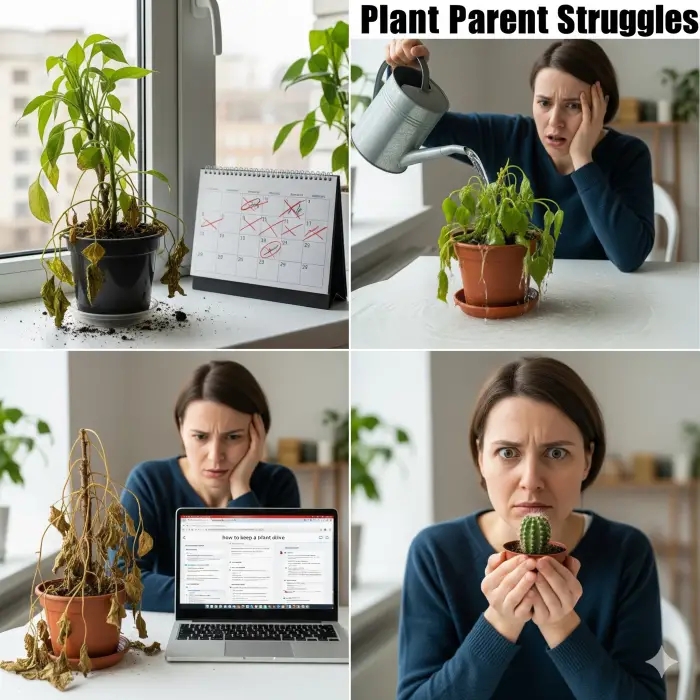
🌱 Best Funny Home & Gardening Meme Themes
Plant Parent Struggles Being a plant parent in 2025 is almost a lifestyle. Forget yoga, forget…
Earning Money Selling a Wifi Connection
Earning Money Selling a Wifi Connection Earning Money Selling a WiFi connection, also known as…
🛏️ What Causes Chronic Insomnia, Affected Organs, Fastest Cure, Bodily Effects & Health Risks
Sleep is essential -- fundamental to mental clarity, emotional balance, and physical rejuvenation.…More Reads You’ll Love

Exploring Art Residencies What They Offer, How to Join, and More
What Is Art Residencies Introduction: Art residencies serve as sanctuaries for artists, providing…
How Your Relevant Insights Can Earn a Valuable Backlink
In today's digital ecosystem, engaging with content through blog comments has evolved from a casual…
Website Monetisation: The Complete Guide to Earning from Your Online Platform
Have you ever wondered how to turn your website into a revenue-generating machine ? You're not…Other Topics That Might Interest You

Heat Press Machine Printing
How to do Heat Press Machine Printing Heat Press Machine Printing is a kind of printing used to…
Becoming an artist
Becoming an Artist and Establishing a Successful Career as a Professional Painter Becoming an…
Abstract Art Painting
Abstract Art Painting: A Comprehensive Exploration Introduction to Abstract Art: A Journey Beyond…Traffic Coop Earnings
Ready to Monetise Your Traffic?
Stop letting your visitors slip away without value. With the LeadsLeap Co-op, you can turn every click into income. Join through my link below and I’ll personally share my tips for getting started fast.
🚀 Join My LeadsLeap Co-op Now*Referral disclosure: I may earn a commission when you sign up through this link. There’s no extra cost to you — your support helps keep this site alive.

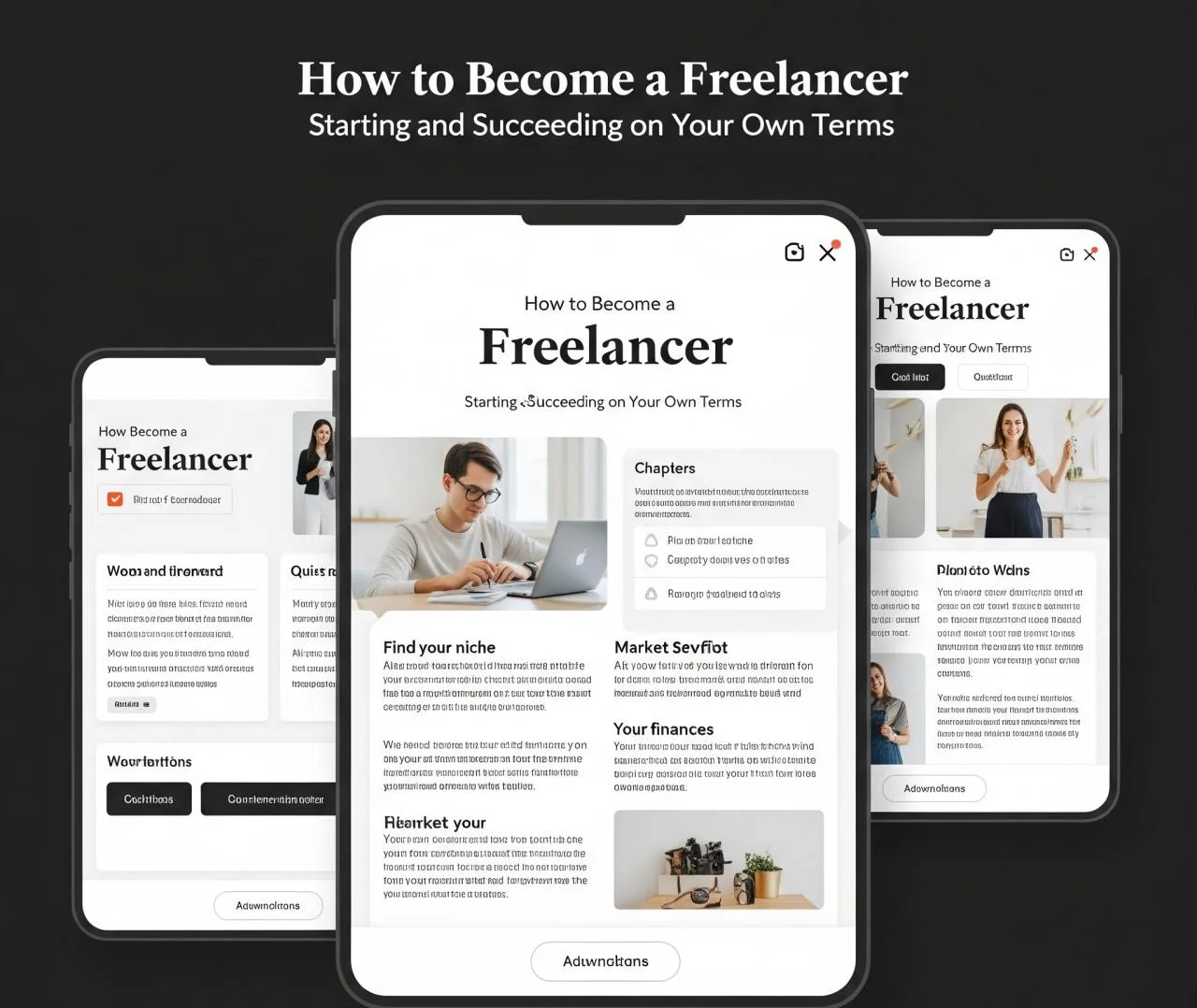




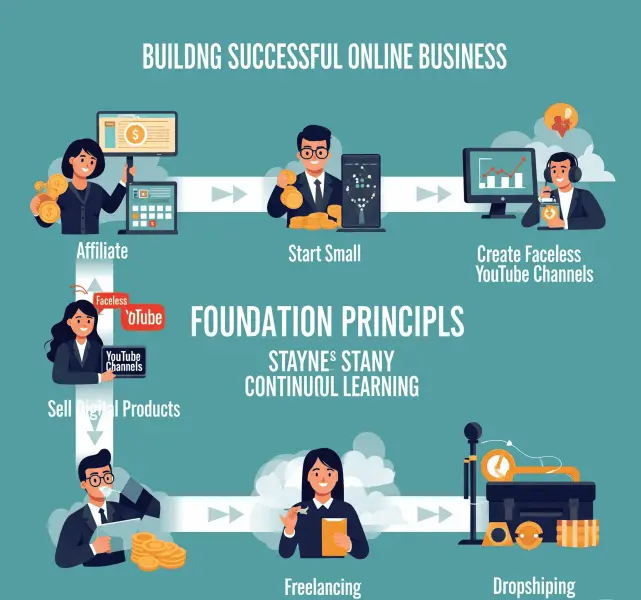

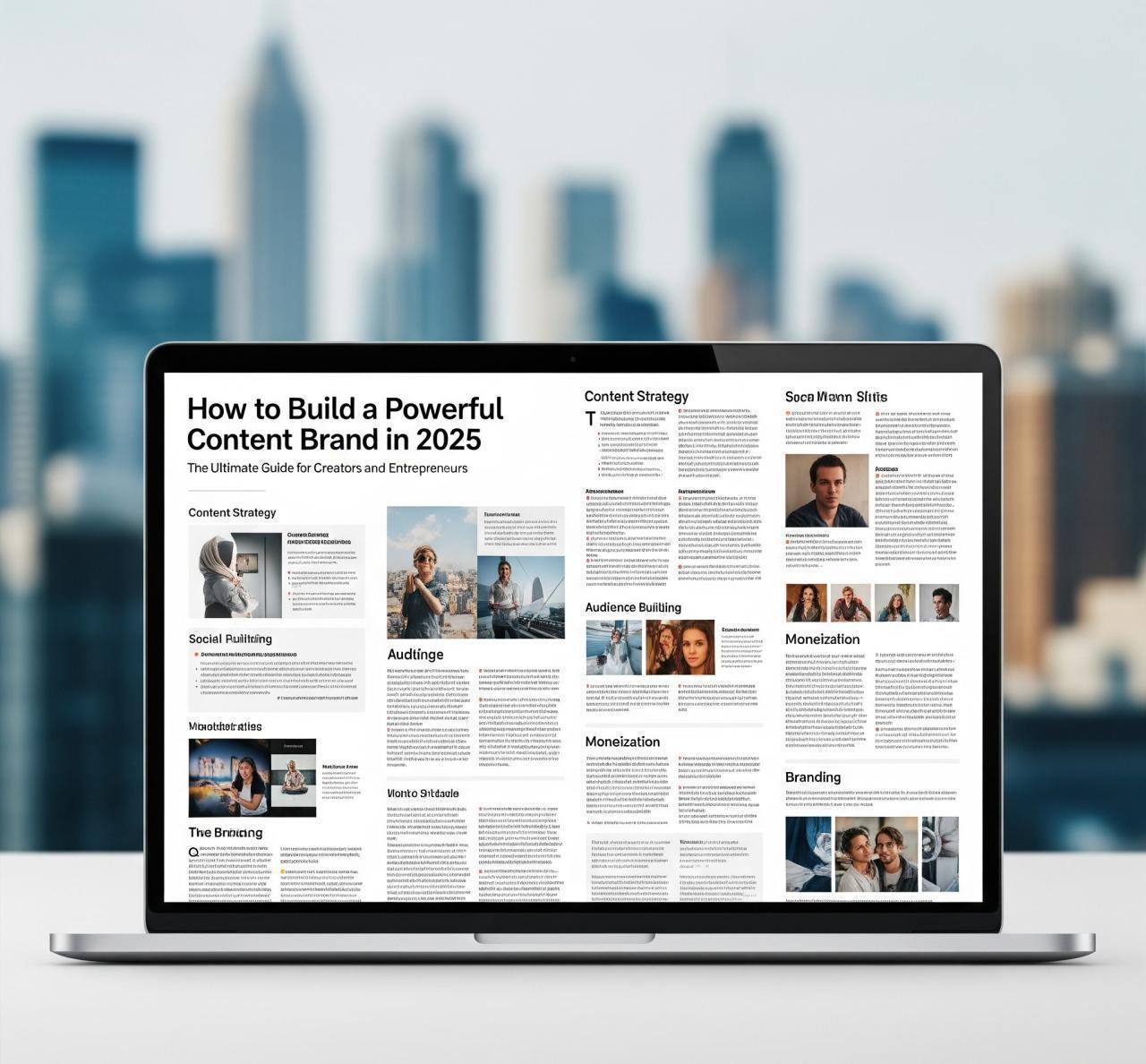



Comments